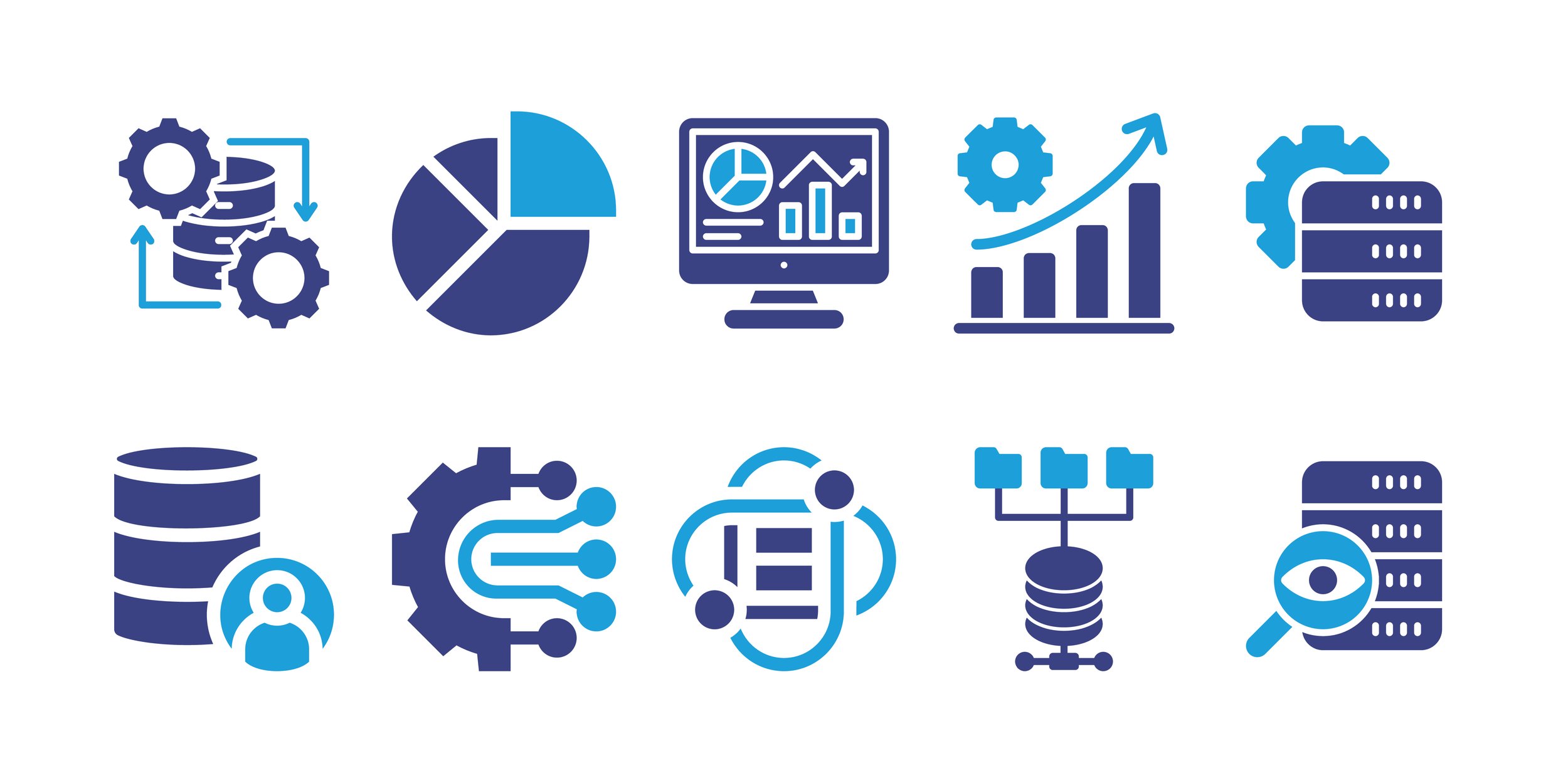Data-Driven Marketing: Leveraging Analytics to Inform Decision-Making
In today's increasingly digital landscape, data has become the cornerstone of effective marketing strategies. By leveraging analytics and insights, businesses can gain a deeper understanding of their audience, track the performance of their campaigns, and make informed decisions to drive success. In this blog post, we'll explore the importance of data-driven marketing and provide actionable tips for harnessing the power of analytics to achieve your marketing objectives.
Understanding Data-Driven Marketing
Data-driven marketing is a strategic approach that involves using data and analytics to guide marketing decisions and strategies. Rather than relying solely on intuition or guesswork, data-driven marketers utilize quantitative insights to identify trends, measure performance, and optimize campaigns for maximum impact. By leveraging data from various sources, including website analytics, social media metrics, customer feedback, and market research, businesses can gain valuable insights into consumer behavior and preferences, allowing them to tailor their marketing efforts to better meet the needs of their target audience.
The Benefits of Data-Driven Marketing
One of the primary benefits of data-driven marketing is its ability to provide businesses with a competitive edge in today's crowded marketplace. By leveraging data to understand consumer preferences and behaviors, businesses can create more targeted and personalized marketing campaigns that resonate with their audience. This not only increases the effectiveness of marketing efforts but also enhances customer satisfaction and loyalty.
Additionally, data-driven marketing allows businesses to track the performance of their campaigns in real-time, enabling them to identify what's working and what's not. By analyzing key metrics such as conversion rates, click-through rates, and return on investment (ROI), businesses can optimize their marketing strategies for better results. This iterative approach to marketing ensures that businesses are constantly improving and adapting to changing market conditions, maximizing their chances of success.
Key Strategies for Data-Driven Marketing
1. Define Clear Objectives:
Before diving into data analysis, it's essential to clearly define your marketing objectives and KPIs (Key Performance Indicators). Whether your goal is to increase brand awareness, drive website traffic, or boost sales, having clear objectives will guide your data analysis efforts and ensure that you're focusing on metrics that matter.
2. Collect Relevant Data:
Identify the sources of data that are most relevant to your marketing goals, whether it's website analytics, social media metrics, email campaign data, or customer feedback. Invest in tools and technologies that allow you to collect, organize, and analyze data effectively, ensuring that you have access to the insights you need to make informed decisions.
3. Analyze and Interpret Data:
Once you've collected data, it's time to analyze and interpret it to uncover actionable insights. Look for patterns, trends, and correlations within the data that can help you understand your audience better and identify areas for improvement in your marketing efforts.
4. Test and Iterate:
Data-driven marketing is an iterative process that involves continuous testing and optimization. Experiment with different marketing tactics, messaging, and channels to see what resonates best with your audience, and use data to measure the impact of these changes. By testing and iterating on your marketing strategies, you can continuously improve performance and drive better results over time.
5. Measure Success and ROI:
Finally, it's essential to measure the success of your marketing efforts and calculate the ROI of your campaigns. Track key metrics and KPIs to evaluate the effectiveness of your strategies and determine whether they're delivering the desired results. Use this data to refine your approach and allocate resources more effectively in the future.
Conclusion
In conclusion, data-driven marketing has become essential for businesses looking to stay competitive in today's digital landscape. By leveraging analytics and insights, businesses can gain a deeper understanding of their audience, track the performance of their campaigns, and make informed decisions to drive success. By following the key strategies outlined in this post, businesses can harness the power of data-driven marketing to achieve their marketing objectives and stay ahead of the curve in an ever-evolving market.


